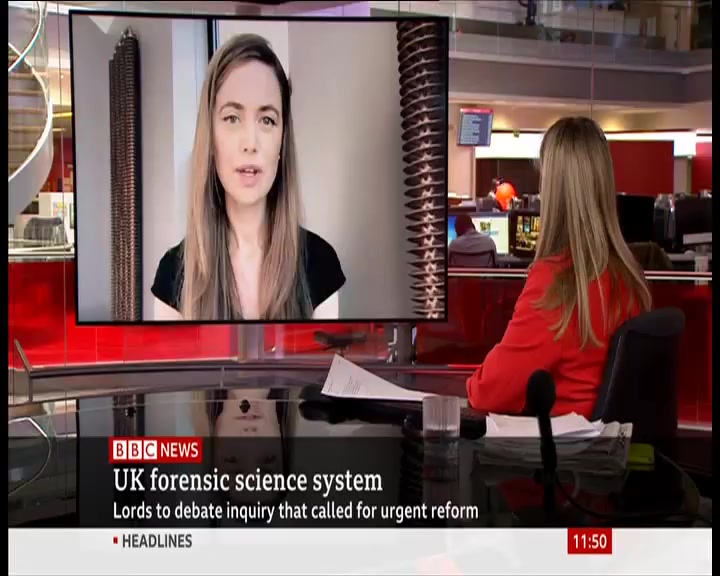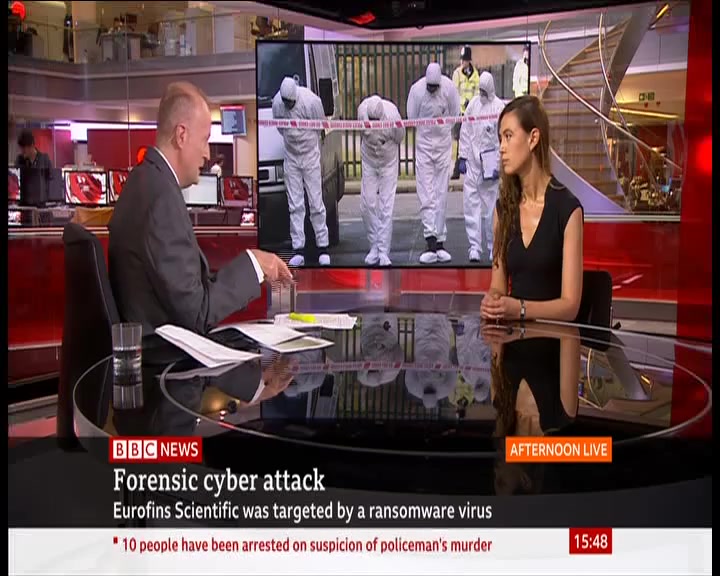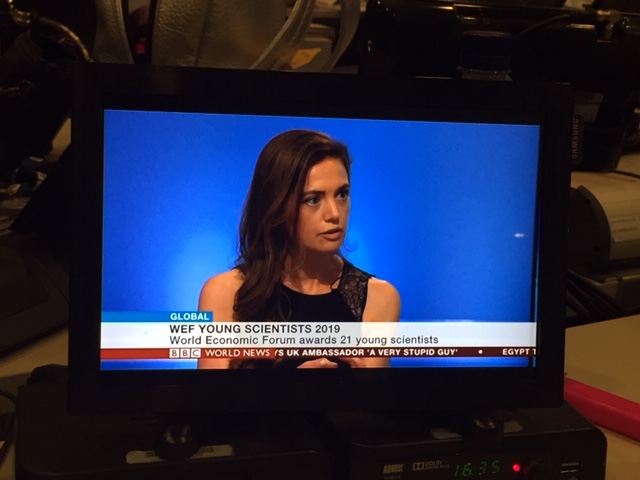IN PRINT

Science can only realise its full impact by creating the opportunities for engaging on a personal level between those who conduct it, those whom it affects, and those who support and fund it. To achieve that we must recognise the creative constituents of scientific work. We must notice, cherish and protect those characteristics as we communicate science advances and breakthroughs within our communities.

The context of global collaboration in science is complex, challenging and evolving. We must work deliberately to support and sustain international scientific collaborations across geographies, generations and disciplines. Ensuring that global science is as resilient and agile as possible is necessary to deliver the insights and evidence needed to uncover the solutions to global challenges.

In 2015, the United Nations identified 17 Sustainable Development Goals (SDGs) to be achieved by 2030. Since then, the SDGs have been woven into research programs, national and international policy, and election campaigns globally. But the clock is ticking — with just eight years to 2030, it is worth asking how we will get there. Real progress for all, especially those in the Global South, demands a renewed commitment to and action on international co-operation and scientific collaboration at a scale not previously seen.

We need more idealism in science and science policy to find solutions to challenges. If we restrict ourselves to what is tangible, known and established today, there is a risk that possible solutions to ‘wicked’ challenges that contribute to enriched and thriving individuals, societies, and their natural ecosystems could be missed. But if we ask, ‘what if?’, we introduce a capacity for idealism that opens up opportunities for creative critical thinking and imagination.

Scientists have been front and centre in the battle against coronavirus. It's a policy making position they should continue to occupy beyond the pandemic, writes Prof Ruth Morgan. But how?

The pandemic has taught us the importance of scientific collaboration. When the first reports of severe respiratory disease broke late in 2019, the international research community came together and within weeks we knew some basic biology. Rapid sharing of epidemiological data revealed the transmissibility of the virus was higher than influenza but less than measles. A genome sequenced in record time and made publicly available revealed the culprit to be a coronavirus. This allowed vaccine development to proceed at an astounding pace.
As we emerge from the pandemic, we will need scientific collaboration more than ever, to tackle global challenges, from climate change to health. Yet there are a number of hurdles to overcome.

'Spending that year with the Select Committee as the Specialist Adviser for the inquiry has impacted my thinking about our role as scientists and the role of science in society...'

Seven months after the first reported cases of COVID-19, the pandemic has disrupted every aspect of life, leaving many shuttered and disordered, having to find new ways to communicate, work and care for family and communities.
This level of global disruption poses very significant challenges, yet at the same time has the potential to create space to transform the status quo. This is an opportunity for the scientific enterprise, if we can leverage it, to ensure that we are in a position where we have the science needed to continue to innovate and meet the needs of the COVID-19 world of today and in the post-pandemic future.

WORLD ECONOMIC FORUM
WHY FORENSIC SCIENCE IS IN CRISIS AND HOW WE CAN FIX IT.
Forensic science needs to establish a holistic vision that ensures meaningful connectivity between the investigation and the courts. There needs to be strategic oversight to set priorities for current operational approaches, to establish sustainable markets for the provision of forensic science services, and set the agenda for research to underpin each part of the forensic science process (crime scene to court). This will need to be a collective corporate strategy that provides a voice for all the key stakeholders.

Forensic science is a compelling piece of the puzzle in most crime dramas. And yet the field is in trouble. Earlier this month, the House of Lords Science and Technology Committee published the findings of its inquiry into forensic science, setting out in no uncertain terms that the system is in crisis.

We all want to live in a world where there is justice; where wrongs are righted, where the system is trustworthy and just works. But we have seen a growing body of reports that raise questions about that system.

THE TIMES
FORENSIC SCIENCE NEEDS MORE FUNDING TO AVOID WRONGFUL CONVICTIONS
Forensic science has had a tumultuous time...These are serious issues, but there is also a broader problem. It is a problem that does not get headlines, but it is a systemic underlying problem that is arguably the biggest issuing facing forensic science.

MEDIA

MEDIA INTERVIEWS AND OPINION PIECES
MEDIA INTERVIEWS

BBC NEWS
House of Lords debate on the Forensic Science Inquiry 26th April 2021
An interview with BBC News about the urgent calls for reform from the House of Lords Science and Technology Select Committee

BBC WORLD NEWS
World Economic Forum Young Scientist 2019
An interview on BBC World News about being a World Economic Forum Young Scientist and the need for the research that we are doing at UCL in forensic science.
OTHER INTERVIEWS

News Interviews

BBC_News_Channel-2021-04-26_11-49-23

BBC News Channel- 16-08-2019

BBC World News 09-07-2019
AND ALSO

















"Adventure is worthwhile in itself."


